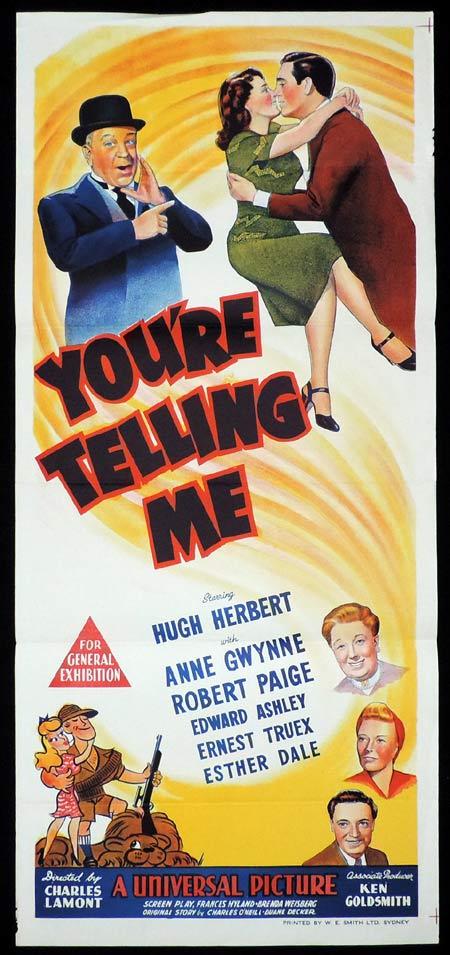

Whatever it is is important enough that he immediately calls up someone else, or tries to: the mystery recipient doesn’t pick up, and based on what we see on that end of the call, might not be able to. Meanwhile, across town, a professor from the college notes something that makes him smile in the morning paper. Strange: I did it in their names etiquette achieved! You only get married once, best do it properly. Morse, somehow not ripping his own skin off: Technically the bride’s parents are supposed to post that, so… Strange: The engagement announcement just came out, and it WOULD have happened sooner if a certain best man had told me this was on the list of wedding tasks. Strange: Thanks man! You should come if you’re still in town when it happens! This convo is a little awkward, but not as much as the one happening out in the bullpen, where Jakes has just reunited with and congratulated Strange on his upcoming wedding. More impressively, Morse knew, but never told anyone, because he’s a discreet guy like that. They confirm that neither of them knew that Jakes had been one of the Blenheim Vale victims, which honestly makes sense: most people don’t tell their coworkers about the worst parts of their childhood.

I promise.īack at the station, Fred and Bright talk about this whole tragic mess. Speaking of which, it turns out that Morse has taken our blast from the past pal Jakes to the site to fill him in on the case: they’ve so far found Landesman and Brenda Lewis, but no luck on finding the body of the murdered boy Morse is actually hoping to uncover. No clue who the dead person was, but does this feel like a callout post for everyone involved in covering up the Blenheim Vale situation or what? Please try again later, or contact our Help Desk at /contact.īack at the funeral, one of the staff members removes cards from the flowers and stumbles across something kinda odd: a note that says “minatur innocentibus qui parcit nocentibus.” For those of you who also don’t know Latin, that turns out to mean, roughly, “he who spares the guilty menaces the innocent,” and google informs me that the phrase is from a law dictionary from the early 1900s.


 0 kommentar(er)
0 kommentar(er)
